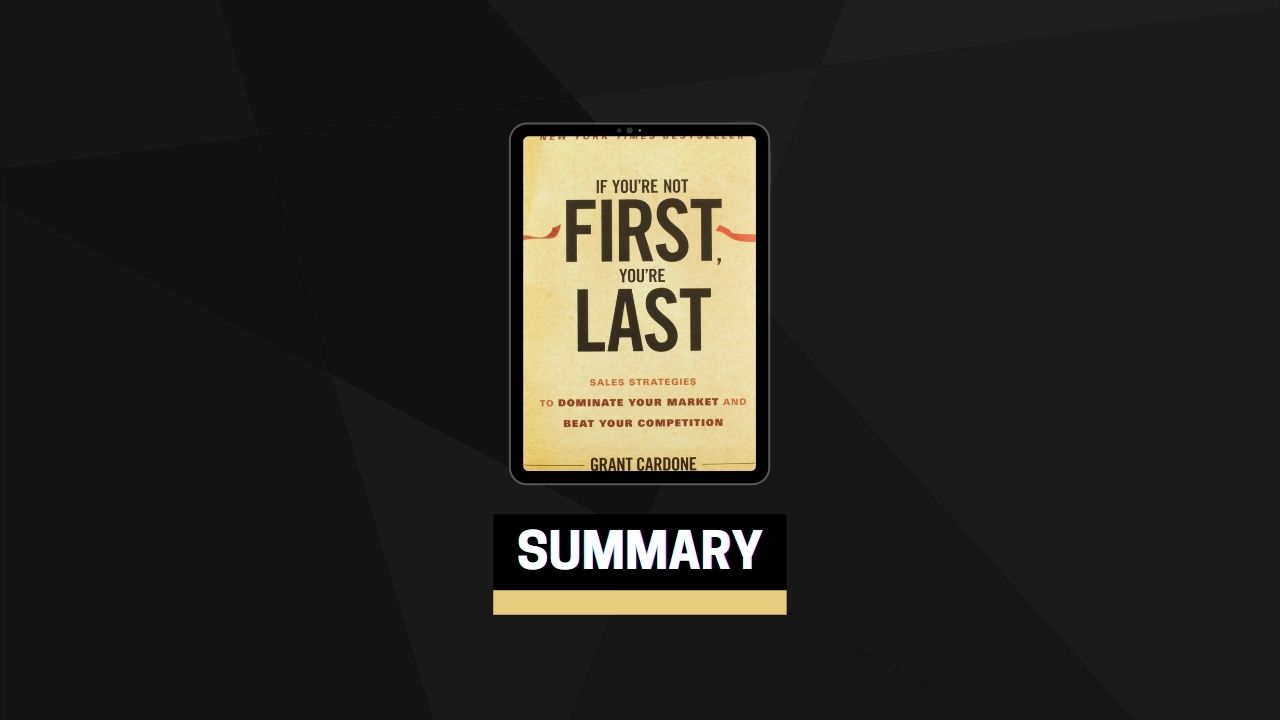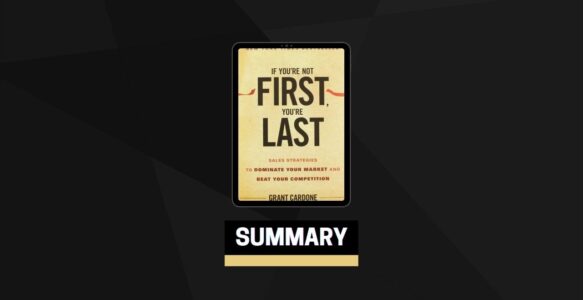The Most Effective Call to Advance and Conquer
There is no downside to a visit. No one will throw you out, no one will ridicule you, and no one is going to call the police on you. There is no way to be rejected or even fail, as you are basically just dropping by to say hello and reconnect; you’re not trying to sell anything. The upside is that you may get lucky and run into someone who actually needs what you have, which will allow you to enter into a presentation, a proposal, and a sale. If you just sit around and wait for something to happen to you, you will be doing a lot of waiting—and will be miserably disappointed at the end of the month.
If you go out and start making things happen, something will happen. This is one of the great underused methods for surviving a contraction.
Converting the Unsold
Converting unsold leads can be profitably used on prospects who have inquired about your product or service within the last year or two—sometimes even three years ago or longer. However, the best prospects would probably be those who contacted you within the past six months.
To help make sense of pushing through uncomfortable moments, try to determine what the benefit will be when the uncomfortable action pays off. Let’s say you want a client who is worth $100,000 to your company and $10,000 to you—in addition to job security and a sense of accomplishment. Ask yourself, “Is it worth going through the discomfort of continuing to follow up—even after I have been told no—in order to have any hope of getting this done?” If you don’t follow up, you will not get the sale. If you do, you might.
Multiply through Existing Clients
If you are directly involved with sales—or if you own a company that sells a product—then you’ve probably received a call at one time from an existing client introducing you to someone he or she knew who wanted your product or service. Unfortunately, this is something that happened to you, not because of you. The goal is to make this happen more often so that you aren’t waiting and hoping.
Without new opportunities to replace previous prospects-turned-customers, you cannot survive in the market; you won’t be in business to deliver service, much less satisfaction.
put customer attainment before everything and to follow it immediately with a true commitment to customer satisfaction. You must activate clients, close deals with the clients, replace the clients with new prospects, and make sure you exceed their expectations—in that order.
The Importance of Price
Price is always a very sensitive issue, especially during times of economic contraction. You’re constantly getting hammered with the notion that people don’t have money, and your “weak” competitors are lowering price as a solution to a tougher environment. The reality is that money is tighter and people are scared and more selective with their purchases. The first response—an incorrect one—is to reduce price. A lower price won’t necessarily sell your product or make up for the lost volume you may encounter.
If you are going to sell fewer products due to a tightened economy, you have to do a better job of determining your prospects’ needs. You must then do a great job of building value and making your customers feel confident that your product will solve their problems in order to get the price you need to stay solvent.
During periods of contraction, the issue becomes where individuals direct their money. Remember this rule: Money will find what people perceive as value; not the lowest price. If a prospect isn’t completely convinced of the usefulness of your product or service, that person will elect to do something else with his or her money.
Effective Marketing Campaigns
One of the first things individuals and businesses do during periods of contraction is reduce their advertising and marketing. Big mistake. Now is the time to hammer your business into the marketplace with cost-effective marketing plans that let the world know who you are, what you do, and what you have to offer. Despite your tendency to want to save money in any way possible, now is not the time to retreat. Let your competitors’ contract to the point that they no longer exist while you press your bet, and if you are going down, go down swinging.
The types of marketing that work best in an economic contraction—and during all economies, since they are most effective—are a combination of results-oriented direct marketing (direct-response print ads, sales letters, self-mailers, special offers) and low-cost or no-cost visibility-enhancing publicity techniques (press releases, articles, speeches, booklets, seminars, newsletters, radio and TV interviews).
An Advance-and-Conquer Attitude
The most dangerous component of a slowdown isn’t usually the reality of the economic factors; it’s the amount of damaging thinking that can infiltrate the marketplace as well as affect the individuals who support and spread such thinking. While bad attitudes never show up on a profit-and-loss statement, they always have something to do with the bottom line.
It’s best during these times to avoid negativity—and the hopelessness, lack of confidence and direction, and depression it causes—at all costs. All of these factors will start to manifest themselves in your actions and results. Prospects and clients will sense any pessimism on your part and will interpret your actions as those done out of desperation or worry. This will most likely prompt them to respond to your proposals out of fear, which is never good for you.
One way to get yourself out of a hopeless state is to increase urgency and necessity. For instance, if your life depended on getting a sale today, you would get a sale—regardless of the economy. Take a cue from children; they continue to focus on getting what they want despite any “recession” because they pay more attention to the outcome than the problem. Children will relentlessly pitch as though their lives depend on it—usually until they close the “deal.”
The Most Important Skill Needed to Advance and Conquer
A carpenter needs a hammer, nails, and lumber, and—to the degree he knows his trade—he will be desirable in the marketplace. A farmer needs a tractor, seed, trucks, fertilizer, water, fuel, etc. A boxer needs a good jab, a great hook, solid defense, stamina to go 12 rounds, footwork, and a fight plan. A chef needs proper utensils, recipes, seasoning, food, refrigerators, stoves, ovens, and warmers.
When things are tough, you and your company need—more than anything else—organizational, management, and planning skills and the ability to sell your products and services. You could fail as a manager, but if you were able to sell enough of your products and smartly control your money, you could still be successful. You can plan and organize until you’re blue in the face, but if you can’t sell your products, what does it matter how organized you are?
This holds true for everyone, regardless of his or her position. Selling is not a job; it’s something you do in order to make things happen for yourself.


